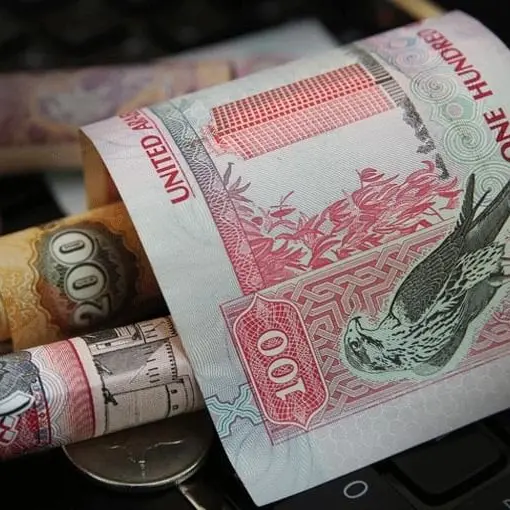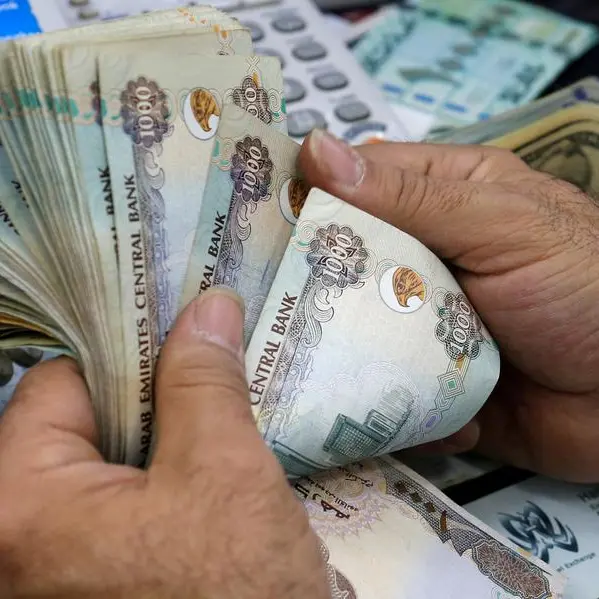PHOTO
Euro zone sovereign bond yields fell and money markets increased their bets on future policy rate cuts on Wednesday after data from Germany's most populous state of North Rhine-Westphalia (NRW) supported expectations for a drop in German inflation.
Data from German states is used to calculate a preliminary inflation figure, which will be released later in the day.
Analysts said the NRW figure (3.0% year-on-year) was much lower than the consensus for the non-harmonised aggregate German headline CPI, expected to fall from 3.8% year-on-year to 3.5%.
Spain's 12-month inflation rate fell to 3.2% in November.
Germany's 10-year bond yield, the benchmark for the euro area, fell 5.5 basis points (bps) to 2.44% after briefly hitting 2.418%, its lowest since early August.
European Central Bank euro short-term rate (ESTR) forwards priced in a policy rate reduction of over 105 basis points (bps) in 2024 from around 95 bps the day before.
They also discount an around 90% chance of a first 25 bps rate cut in April 2024.
"Markets are reacting to the annual inflation data from German states, which are below analysts' expectations, but we need more granular figures to assess the euro area's outlook", Andrzej Szczepaniak, an economist at Nomura, said.
"Financial markets, in our view, are likely too aggressive on near-term pricing of rate cuts for the ECB as policymakers watch wage growth, which remains persistent," he added.
The German economy is projected to grow by 0.6% in 2024 and 1.2% in 2025 but a budget crisis could lower growth, according to forecasts from the Organisation for Economic Cooperation and Development (OECD), which are less optimistic than those of the German government.
Euro zone economic sentiment increased slightly for a second consecutive month in November.
Borrowing costs on both sides of the Atlantic have dropped as comments from central bank officials have failed to dislodge a market view policy rates will soon begin to fall.
Sovereign bond yields fell the day before after comments from Federal Reserve Governor Christopher Waller signalled a cut in interest rates may be on the horizon.
However, Bundesbank chief Joachim Nagel said the ECB may need to raise rates again if the inflation outlook worsens.
Italy's 10-year government bond yield, the benchmark for the euro area's periphery, dropped 5 bps to 4.21%, a fresh 3-month low.
The spread between Italian and German 10-year yields – a gauge of the premium investors demand to hold debt of the euro area's most indebted countries – was at 174 bps. It hit 169.5 bps last week, its lowest since Sept. 21.
There was a relatively muted reaction to remarks by ECB president Christine Lagarde, who hinted earlier this week at a possible earlier run-off of reinvestments from the Pandemic Emergency Purchase Programme (PEPP).
The central bank can use PEPP reinvestments to support bonds of the euro area's most indebted countries and to avoid fragmentation – an excessive yield spread widening which could hamper the transmission of monetary policy across the euro area.
(Reporting by Stefano Rebaudo, editing by Christina Fincher and Barbara Lewis)





















